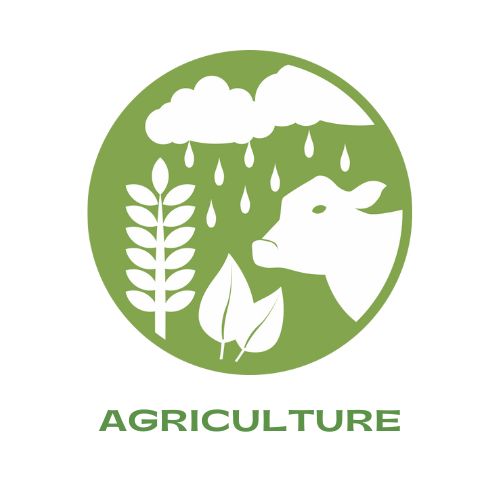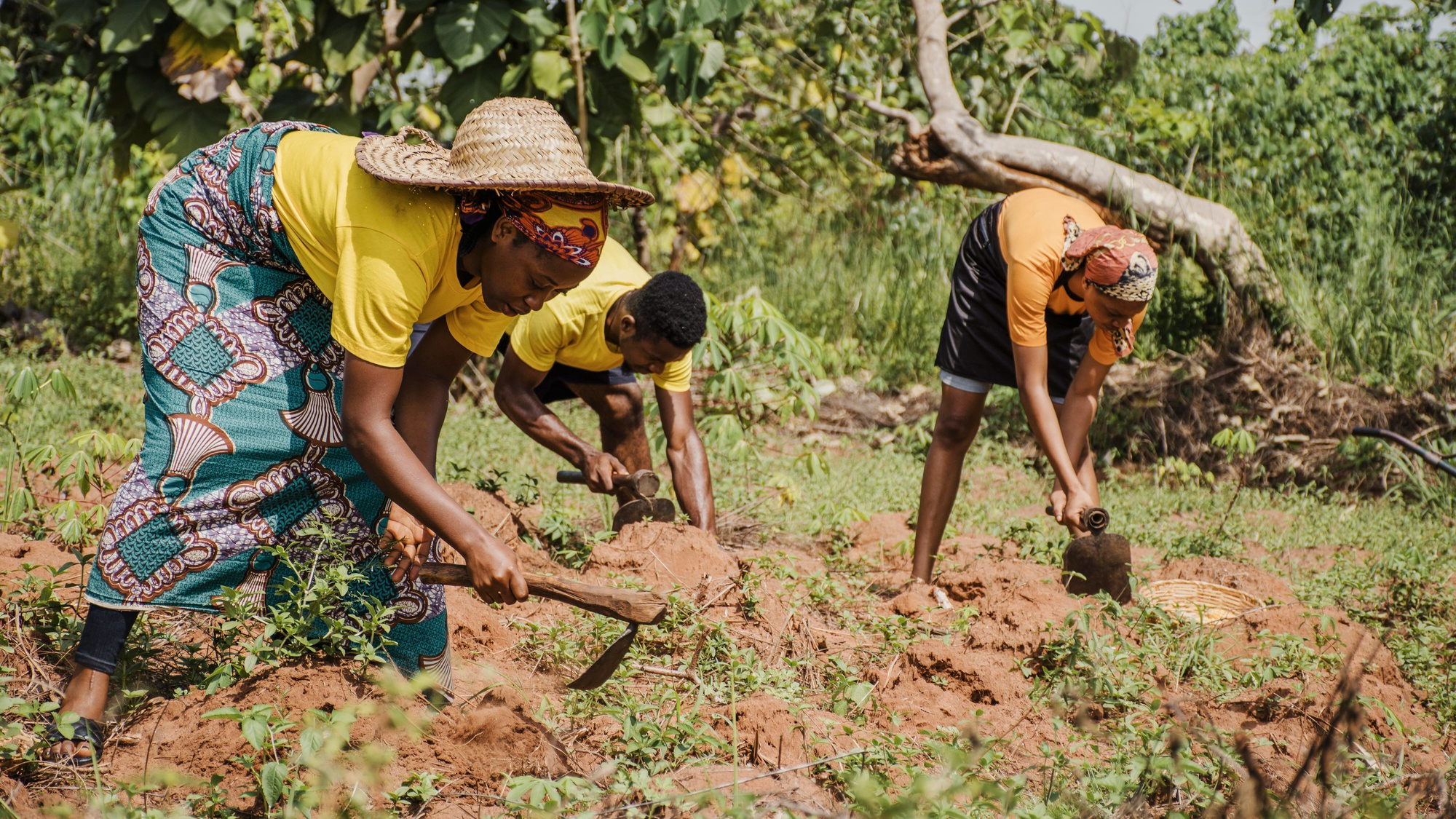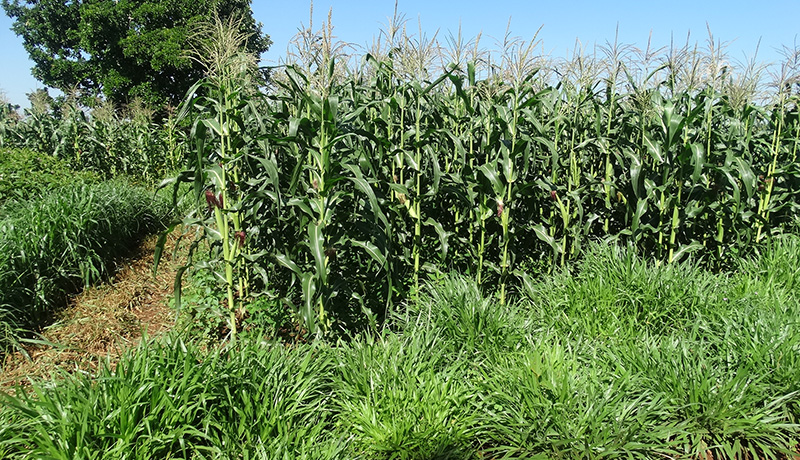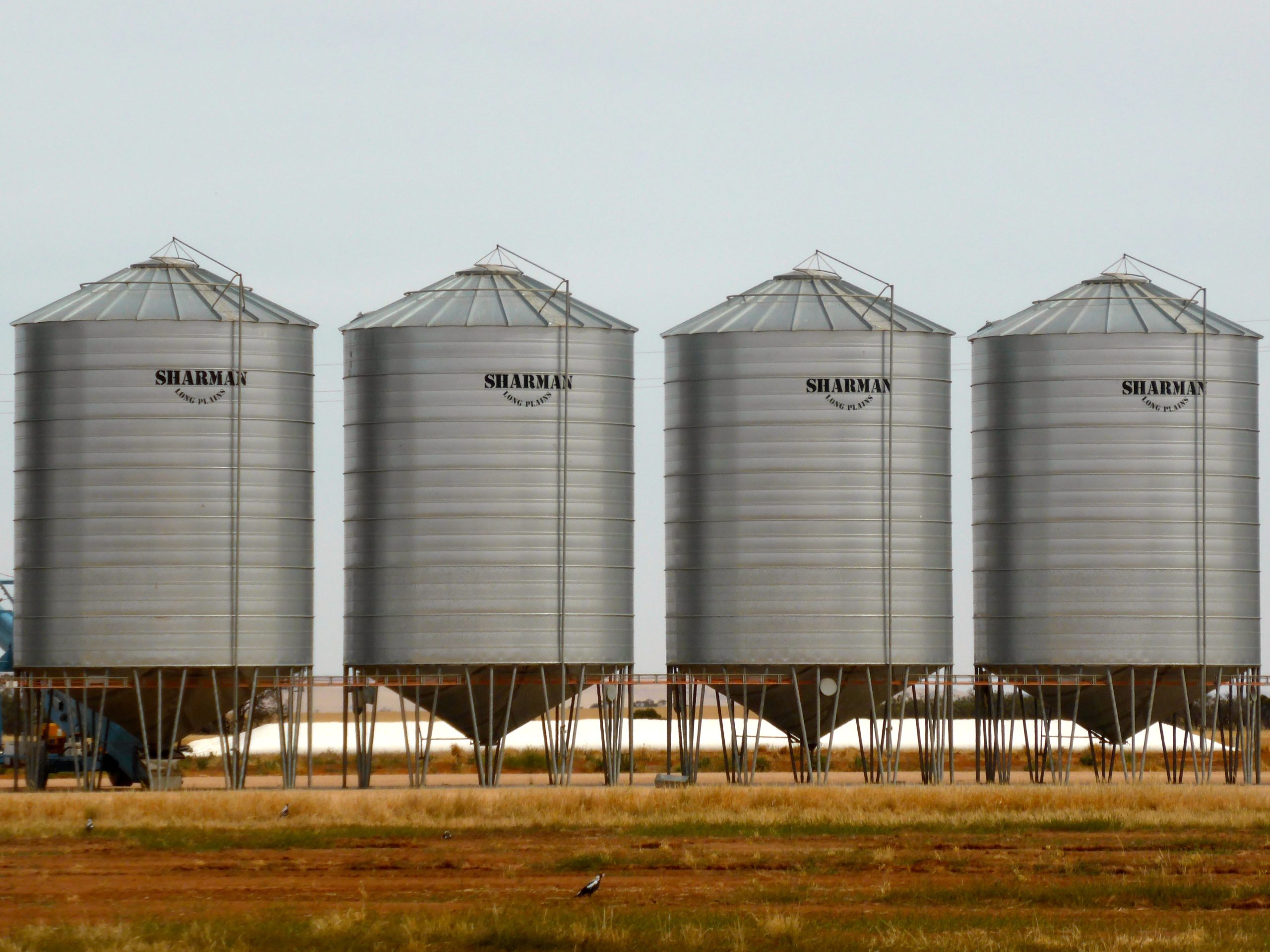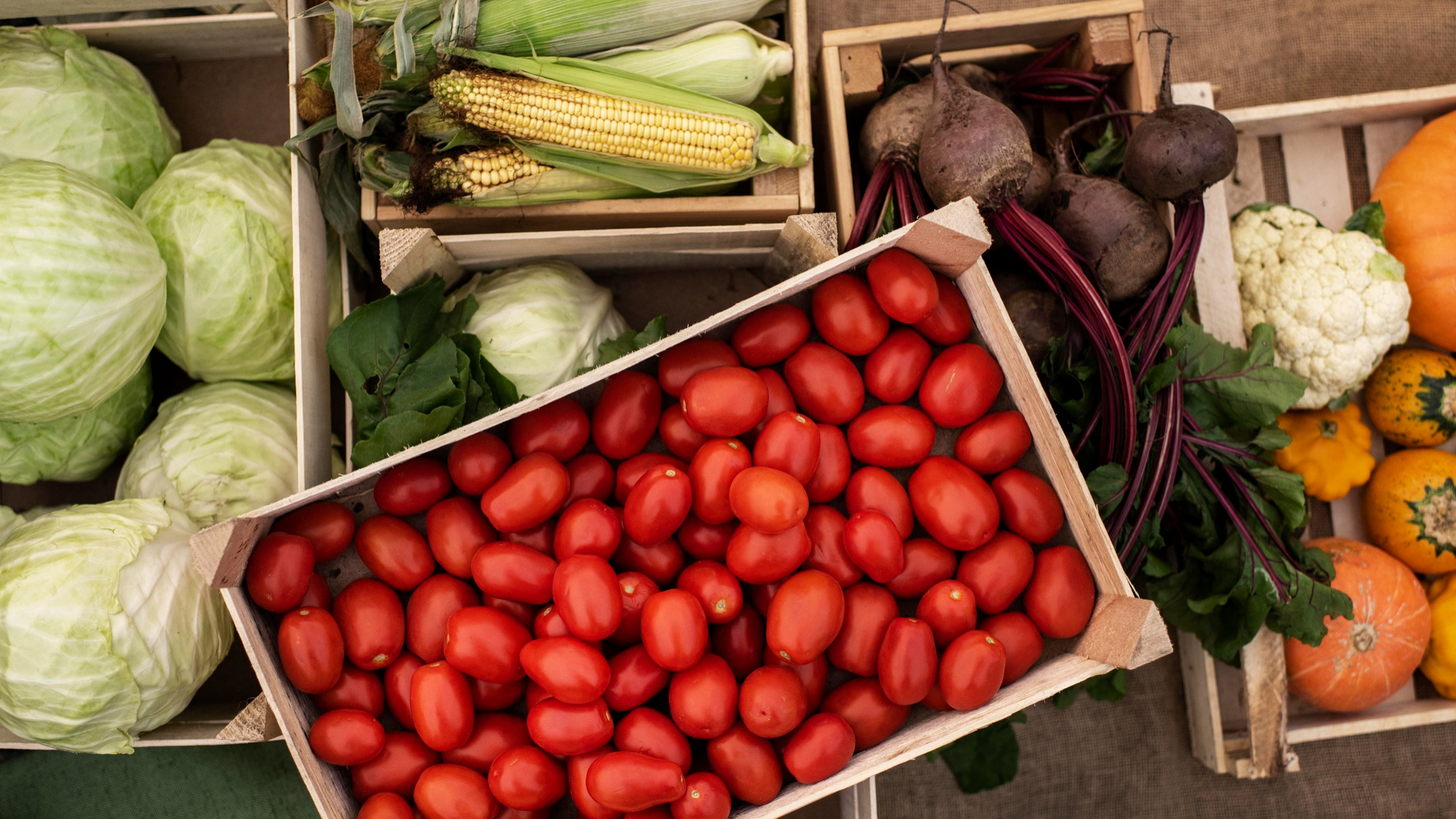Smallholder farmers form the foundation of Kenya’s agricultural sector, directly impacting the nation’s food security and economic development. Around 5.1 million smallholder farming households across Kenya produce approximately 75% of the country’s food needs. But these farmers face considerable challenges like small land sizes, declining soil fertility, limited access to finance, inadequate infrastructure, and climate change impacts. By embracing good practices and leveraging emerging opportunities, smallholder farmers can overcome obstacles and achieve sustainable livelihoods.
Overcoming Key Challenges Confronting Smallholders
While smallholder farmers play a pivotal role, they often confront barriers that hinder prosperity:
- Difficulty Accessing Finance
Limited access to formal credit due to lack of collateral and financial records hampers investments into equipment, quality inputs etc. This perpetuates low productivity cycles.
- Climate Change Vulnerabilities
Increasingly unpredictable weather with frequent droughts and floods poses significant risks to crop yields and livestock. Limited climate mitigation capacity worsens impact.
- Post-Harvest Losses
Lack of storage, processing, and rapid transportation causes high post-harvest losses, wasting produce. Weak market linkages also lead to low farm-gate prices.
- Soil Health Decline
Continued farming without replenishing soil nutrients results in deterioration of soil fertility. This lowers yields over time. Remediation is expensive.
- Pest and Disease Pressure
Increased prevalence of pests like fall armyworm and livestock diseases like Contagious Caprine Pleuropneumonia (CCPP) threatens production. Management capacity is limited.
- Lack of Capacity Building
Insufficient agricultural extension services results in knowledge gaps on good practices, low technology adoption, and inability to respond to emerging farming challenges.
10 Tips for Smallholders to Overcome Hurdles
Smallholder farmers can take several steps to tackle these challenges and succeed:
1. Evaluate Agroecological Conditions
Assess your farm’s soil, water resources, topology etc. to select suitable crops and farming approaches aligned with local environmental conditions.
2. Diversify Crops and Livestock
Cultivate a portfolio of cereals, pulses, vegetables and fruits alongside livestock rearing to minimize risks and maintain income stability in case some enterprises underperform.
3. Practice Climate-Smart Techniques
Adopt practices like drip irrigation, mulching, zero-tillage, integrated pest management etc. that enhance climate resilience and long-term sustainability.
4. Leverage Collectivization
Join farmer producer organizations to collectively access services like doorstep credit, mechanization, storage facilities and market linkages through economies of scale.
5. Gain Financial Literacy
Learn skills like bookkeeping, budgeting, financial planning, and investment to make strategic decisions on allocating capital and managing expenses.
6. Embrace Technology
Incorporate technology-enabled solutions to enhance productivity, reduce risks, and gain market intelligence. Mobile apps for weather data, digital advisory, and mobile wallets help.
7. Ensure Food Safety Meet quality standards and certifications to access premium markets through practices like hygienic milk handling or organizing Farmer Field Schools.
8. Connect to Agri-Value Chains Build partnerships with processors, distributors, and exporters through outgrower arrangements to secure stable offtake markets and fair prices.
9. Adopt Sustainable Farming Implement environmentally responsible practices through efficient water usage, avoiding overuse of chemicals, and biodiversity conservation to ensure long-term viability.
10. Stay Updated on Innovations Actively seek knowledge on new solutions and farming approaches through extension agents, field visits, mobile apps, and farmer networks to continuously improve practices.
Support Systems to Facilitate Success
Smallholder farmers succeed not just through individual effort but enabling ecosystems:
- Agricultural extension systems like digital Green Channel advisories and Lead Farmer training programs build localized capacity.
- Agricultural research institutions develop innovations from drought-tolerant seeds to nanotechnology pesticides tailored for smallholders.
- Financial institutions design microfinance products like dairy livestock loans aligned to farm cash flows. Cooperatives provide savings and credit access.
- Investments in rural infrastructure like off-grid solar mini-grids, rural broadband, and mobile connectivity bridge critical gaps for smallholders.
- Public-private partnerships around areas like micro-irrigation, warehousing, food testing facilities etc. provide affordable access to such services.
- Private sector aggregation platforms integrate smallholders into export value chains, securing premium prices and training on standards compliance.
Seizing Emerging Opportunities
Smallholder farmers can also capitalize on promising emerging spaces:
- High-Value Crop Cultivation
Cultivating vegetables and fruits allows harnessing rising local and international demand from a growing middle class, boosting incomes.
- Farm Tourism
Agritourism activities like farm stays, tours and animal interactions offer supplementary revenue streams while preserving farmlands.
- Organic Farming
Capitalizing on the growing organic foods market through certification and branding of chemical-free produce can earn premium prices.
- Digital Commerce
ICT platforms help smallholders sell directly to consumers and bulk buyers, increasing profits through disintermediation and reduced wastage.
- Food Processing
Basic value addition like drying vegetables, packaging peanuts or grinding maize allows farmers to benefit from the processed foods boom through own branded products.
- On-Farm Renewable Energy
Solar irrigation, biogas plants, and mini-grids enable self-sufficiency in energy while also earning additional income from power sales to the grid.
- Contract Farming
Contract growing partnerships with large processors and exporters provide smallholders with assured markets, technical assistance, quality inputs, and access to credit.
Success Story from Machakos County
The agricultural transformation of Machakos County exemplifies how embracing innovation can drive prosperity. Key success factors include:
- Adoption of drip irrigation, water conservation and drought-resilient crops like sorghum increased climate resilience.
- Farmers shifted focus from low-yielding commodities to diversified horticulture cultivation.
- Local agricultural training institutes and demonstration farms facilitated capacity building.
- Private exporters facilitated global market linkages for farmers through stringent quality standards.
- Smallholder associations provided collective access to inputs, machinery, credit and logistics.
- Road infrastructure connectivity enabled access to urban centres.
Charting a Path to Success
Smallholder farmer growth is integral for Kenya’s economic development and food self-sufficiency goals. Some key strategies include:
- Expanding agricultural extension through digital platforms and decentralised Rural Service Centres to drive technology adoption and disseminate knowledge.
- Increasing affordable credit access through innovative products like warehouse receipt financing and supply chain financing based on buyer contracts.
- Investing in climate-resilient solutions like improved seed varieties, precision water application, and weather advisories tailored to small farms.
- Facilitating access to equipment and machinery through cooperatives, pay-per-use models, and mechanisation service centres for rental.
- Leveraging mobile connectivity and emerging digital innovations like Agri e-wallets, Farm-to-Market apps and smart sensors to bridge information gaps.
Smallholder farmers are the lifeblood of Kenya’s agriculture sector. By taking proactive and collaborative steps to embrace innovation, gain knowledge, add value, and access markets, smallholders can unlock their full potential as agripreneurs spearheading the nation’s food security and economic development. The future is bright for committed smallholder farmers seeking success!
#SmallholderFarmers #AgricultureInKenya #SustainableFarming #FarmersTips #FoodSecurity 🌾🚜🇰🇪
About The Author
Patrick Mutisya, Agricultural Specialist, AgriScore Limited
Patrick is an agriculture expert who works closely with smallholder farmers across Kenya. His research focuses on developing climate-resilient farming innovations tailored for smallholders. Patrick advocates integrated strategies to drive productivity and prosperity.

